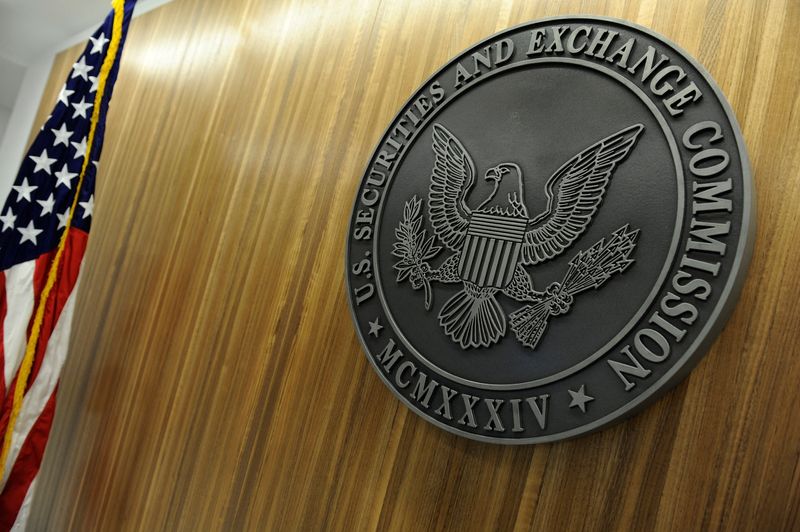By Nell Mackenzie
(Reuters) -The U.S. Securities and Exchange Commission aims to shrink hedge fund fees so that more money winds up in the hands of the asset managers and pension funds that invest in them, one of its top officials said on Tuesday.
William Birdthistle, director of the Division of Investment Management at the SEC, said the U.S. watchdog remained committed to increasing transparency and competition in the industry. He was speaking at a Managed Funds Association conference in London.
His remarks referred to a set of rules that the SEC initially proposed in February and then updated in August, which would change the way hedge funds interact with those that invest in them.
The SEC in February voted to propose heightened regulations meant to scrutinize how private fund advisers charge fees to investors and measure fund performance. In August it proposed a rule to improve the quality of disclosures it receives from large hedge funds about their investment strategies and leverage.
"There's a lot of investors who are investing directly or indirectly ... that may not necessarily be as sophisticated as one might imagine," said Birdthistle, adding that the SEC was "concerned to make sure there is enough competition in the space and further transparency."
Birdthistle added that increased competition and transparency will lead to lower fees and better liquidity arrangements, saying, "with fees going down that will mean more money going to end investors."
When asked whether the regulator was concerned about added costs the industry would bear, Birdthistle said the aim was to decrease fees and increase competition in the hedge fund space.
Birdthistle did not say when the proposed Private Fund or heightened disclosure rules would be passed but that the aim of the regulation was to "increase information" and "fairness" in the hedge fund industry.

Commenting in response to Birdthistle's remarks, Jennifer Han, managing director and chief counsel for the Managed Funds Association, said there was a disconnect between the SEC's goals and the unintended consequences of the proposed rules.
"While the SEC believes their rulemaking agenda is in the interest of investors, their proposals will ultimately raise fees and limit information and investment opportunities," said Han.